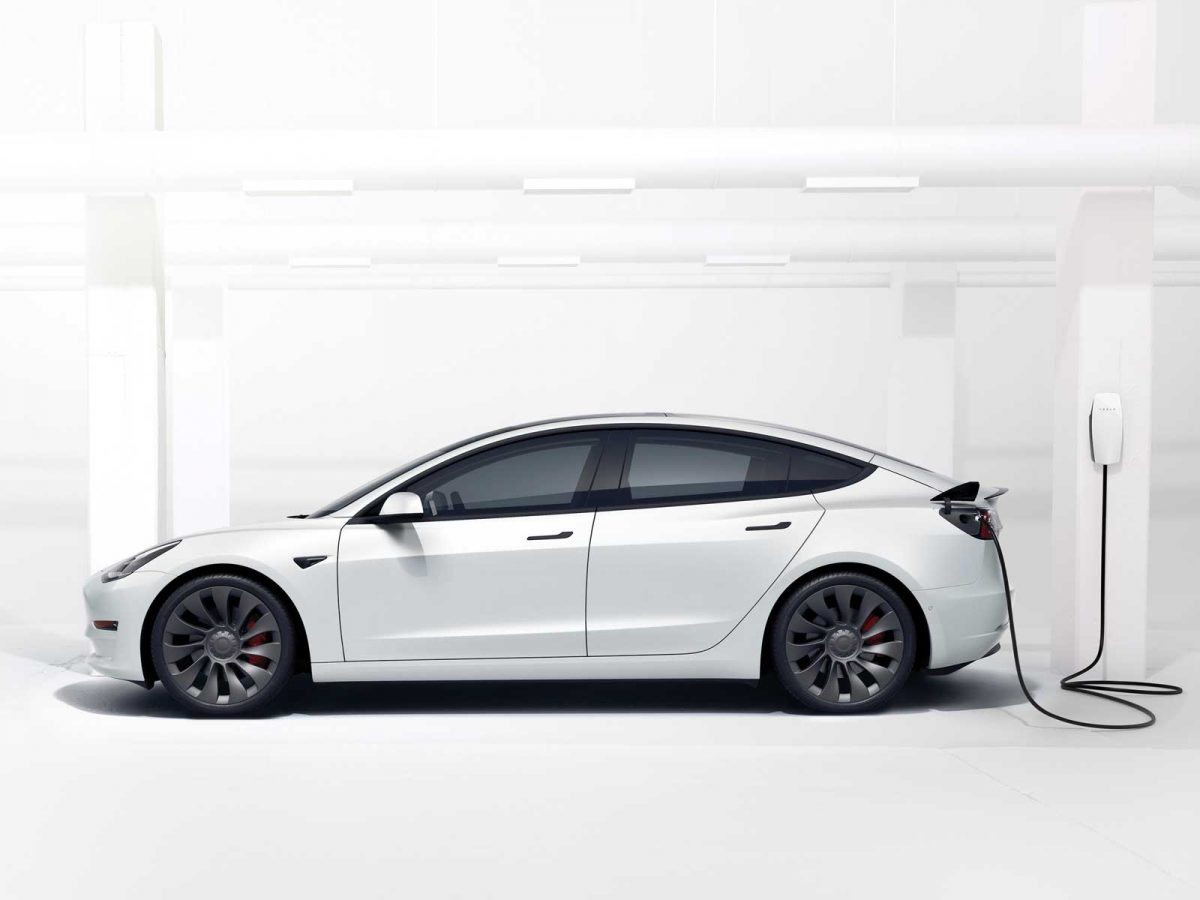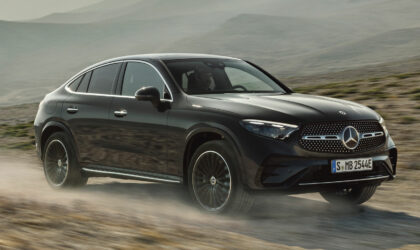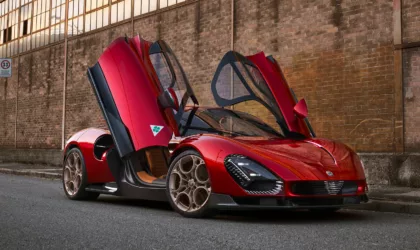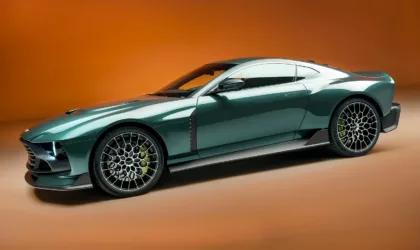Mercedes-Benz narrowly pipped BMW for the accolade of the world’s best-selling luxury car brand last year, but there’s much more disruption on the way. Electric vehicle (EV) producers – and not just Tesla – are denting the sales of traditional luxury brands.
The Covid-19 pandemic has focused minds on sustainable mobility and wellness, with memories be- ing a predominant quest in the buying of luxury expe- riences. This trend is set to continue as more electric start-ups such as Chinese firm Nio – as well as the traditional firms like Bentley, Ferrari, Lamborghini (see sidebar) – promise the thrill of high-performance engineering combined with instant electric-motor torque. What’s not to like?
Whilst performance captures the imagination, ultra-high-net-worth buyers want more. They are increasingly keen on reducing their carbon footprints too. And for the upper-end of the luxury market, price differences between internal combustion- engined cars and EVs simply don’t matter.
But it’s not all plain sailing. Car brands also have to identify technologies and solutions capable of combining top performance and driving dynamics with conversion to electric. The need to combine the reduction of CO2 and to keep the fundamentals of the car brand’s DNA unchanged is a challenge that keeps car-makers awake at night.
What is clear, though, is that these brands will always follow customers, their segments and values. That means the bigger premium EV brands need more power. ‘You need 150kWh-plus to get a full- size SUV to have the equivalent performance of a combustion-engined vehicle, which is why hybrids are so important in playing a part for bigger vehicles in the next five to 10 years,’ says Bentley’s chairman, Adrian Hallmark.
From around 2025, 110kWh to 120kWh batteries should be available, which will enable even bigger cars to get a 400-500km range. That all means the driv- ing range and the lack of charging infrastructure for many markets have become less of a concern as many barriers to EV mobility are steadily removed.
So, let’s settle for the future being (nearly) now, after all.
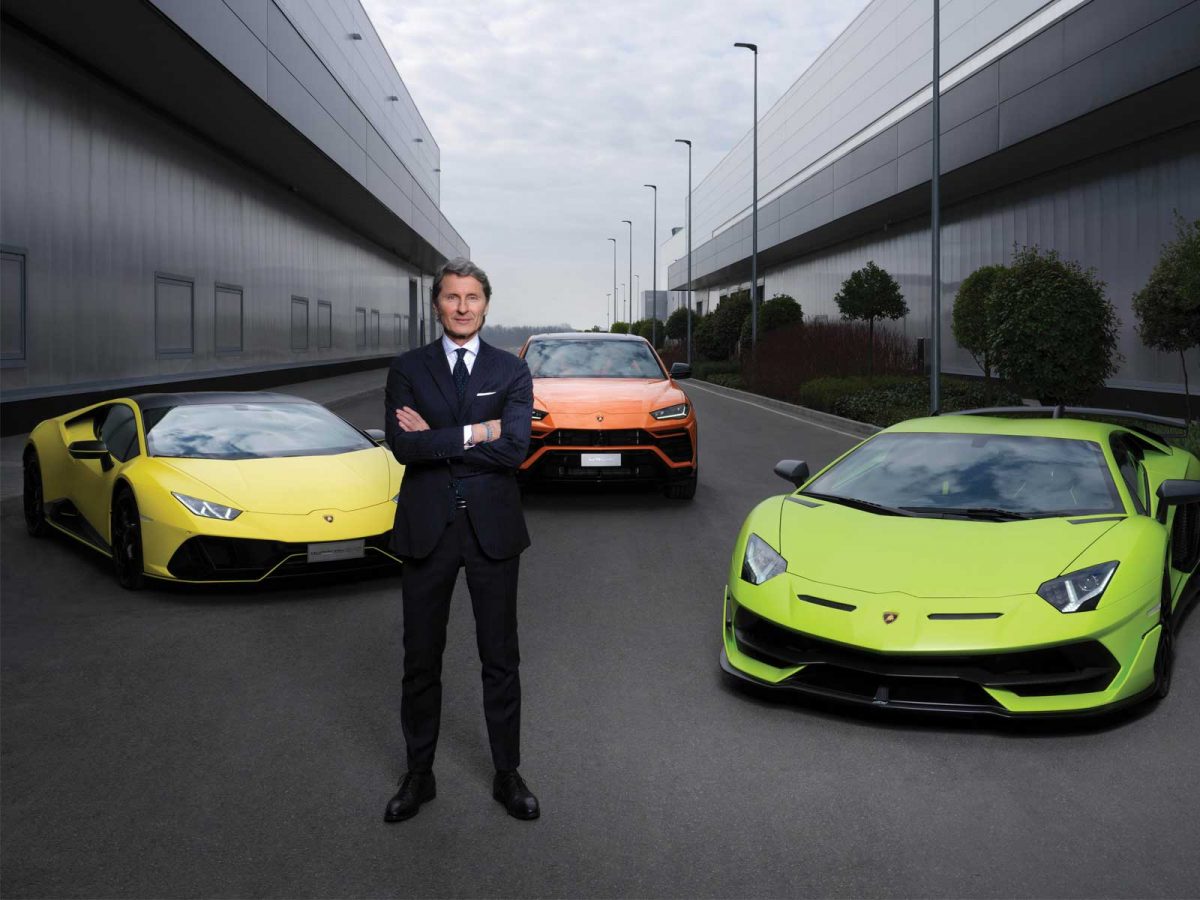
Electric Lamborghini
Part of Lamborghini’s Direction Cor Tauri strategic plan unveiled by ceo stephan winkelmann sees the company invest €1.5 billion over the next four years: the largest investment ever in its history.
But don’t lament the demise of the wailing V12 just yet. Until Lamborghini goes fully electric, it will celebrate the internal combustion engine with new 12-cylinder petrol-engined models in the next year, followed by the arrival of the first hybrid Lamborghini in 2023. The entire range migrates to hybrid power by 2024. The electric Lamborghini will then follow on from there.
‘Lamborghini’s electrification plan is a newly- plotted course, necessary in the context of a radically changing world, where we want to make our contribution by continuing to reduce environmental impact through concrete projects,’ said Winkelmann. ‘We imagine a 2 + 2 a little higher from the ground than our super sports cars: not an Aventador or a Huracan, but a car to be used every day for more than two people.’
Quite how Lamborghini will find a satisfactory replacement to the distinctive growl of the V12 engine is a bit of a mystery. ‘We do not know yet,’ Winklemann says. ‘Studies are in progress. What we do know is that it must not be a duplication of the noise of the combustion engine. It must have a particular sound, capable of moving as much as the roar of a V12.’
By Richard Webb
